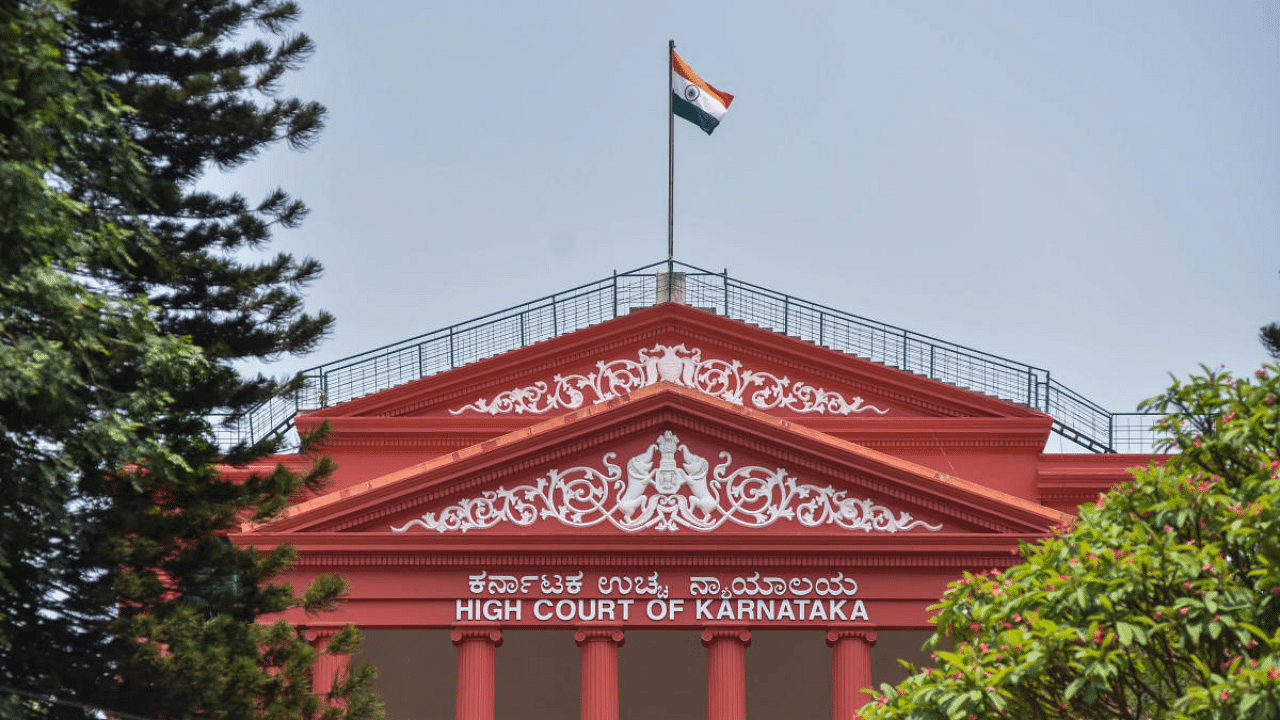
The Karnataka High Court has ordered the state government to refund additional stamp duty collected from more than 60 buyers of residential flats at an apartment building in Varthur hobli in Bengaluru East.
The buyers had to pay the deficit stamp duty more than two years after the flats were registered. They purchased the apartment in 2015-2016. The district registrar notified the buyers after the state accountant general recorded audit objections for undervaluation.
The buyers moved the high court after the regional commissioner had turned down their appeal challenging the collection of additional stamp duty.
The property in question is Prestige Tech Park, a cluster of commercial buildings and apartments, spread over two villages — Amane Bellandur Khane and Kadubeesanahalli.
The senior advocate appearing for the petitioners contended that the district registrar’s action was beyond the limitation period as per Section 45-A (3) of the Karnataka Stamp Act as the purchases were made in 2015.
The additional advocate general contended that the text and the context of the limitation period under section 45-A (3) only pertain to calling for instruments and records from the sub-registrar’s office for an examination and will not cover issuing notice to citizens.
Justice Krishna S Dixit held that such contention defeats the very purpose for which the provision is enacted by the legislature.
"A specific limitation period is prescribed to relieve the citizens of the possible risk of being subjected to the suffering of belated recovery proceedings at the hands of indolent statutory authorities, coming to them like a bolt from the blue. The text of the provision generated a legitimate expectation in the mind of scrupulous citizens that after the efflux of two years from the registration of their conveyances, no demand shall be raised against them in relation to deficit duty otherwise payable,’’ the bench held.
The court further observed that section 45-A (3) has enacted a pragmatic norm that by the lapse of the prescribed time, the government would lose the power to collect duty from the citizen on the ground of deficient payment.
This is especially true when no provision has been made for condoning the delay or extending the limitation period that would enable the government to start recovery proceedings even after the lapsing of the limitation period.
The bench ordered the state government to refund the additional stamp duty collected after the registration of the property. "There is no authority or justification for the state to retain the money of the citizens, which they were made to pay coercively sans legal duty; an argument to the contrary amounts to the acquisition of property of a private citizen without the authority of law and thus, violates Article 300-A of the Constitution."